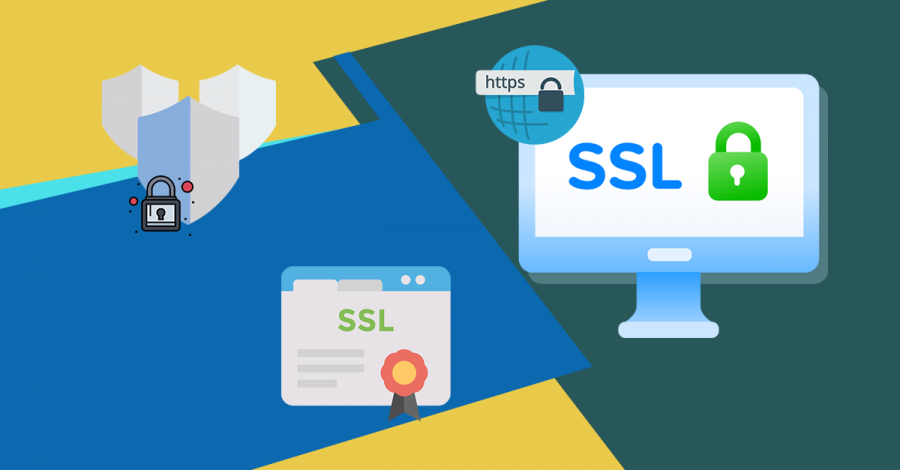
Customer confidence is very crucial for any website which operates on the World Wide Web. In order to boost customer confidence and trust, your site must be secured so that your customers’ sensitive information remains safe and confidential.
Do you want your website to look legitimate and trustworthy? Or are you selling something online or allowing users to create accounts with your company? Then, an SSL certificate is imperative.
Secure Sockets Layer (SSL) Certificate is an important tool that protects your customers’ sensitive information, enhances customer confidence that your website is trustworthy, and assisting in making your business legitimate. SSL Certificate is a protocol that allows data encryption on the Internet. It creates a secure bridge between the browser and the server and provides a secure environment for data transit.
But you need to have a clear understanding of the different choices of SSL certificates available and what they mean before you opt for installing it on your website.
Who needs an SSL certificate?
- Websites complying with privacy and security requirements
- Websites receiving online orders and credit cards
- Websites with login or sign in
- Websites processing sensitive information
Types of SSL Certificates
There are mainly three levels for SSL Certificates offering different levels of validation and coverage at different prices.
- Domain Validated (DV): This is the base-level SSL certificate offering encryption of server-browser communication only. This is suitable for sites where trust and credibility are less important and only need encryption for logins, forms, or other non-transactional data.
- Organization Validated (OV): This certificate does everything that a Domain Validated certificate does, but it adds some business authentication into your address bar details.
- Extended Validated (EV): This certificate is the strongest and most expensive. The companies processing transactions and highly sensitive personal data by this. But they have to meet the highest and most stringent requirements to obtain one.
Certificate Levels
- Standard: This is the most basic package where it covers only a single domain name and none of the subdomains within it.
- WildCard: It allows you to bundle sites with multiple subdomains into one certificate. It’s ideally suited for organisations with sites across multiple subdomains. All the subdomains are represented into one which saves time and money. This is a more flexible, single-purpose certificate and can be applied to a number of different services.
- Multi-Domain (SAN or UCC) Certificates: These cannot just cover multiple subdomains across multiple top-level domains, but can cover up to 100 sites all at once.
Choosing an SSL Certificate
When you’re going for an SSL certificate you should know what types of information you are processing or transmitting on your website in order to find the SSL Certificate that’s right for you. SSL Certificate is needed for allowing your site to transfer data securely via HTTPS.
When you’re choosing an SSL Certificate you need to take note of the below-mentioned things:
- Evaluation of your website needs w.r.t your SSL certificate options
- How many domains or subdomains do you want to secure?
- What type of website do you have?
- What trust level do you require? Different levels of trust
- What is your budget? SSL certificate prices vary

 Batoi Corporate Office
Batoi Corporate Office